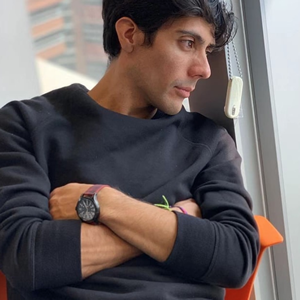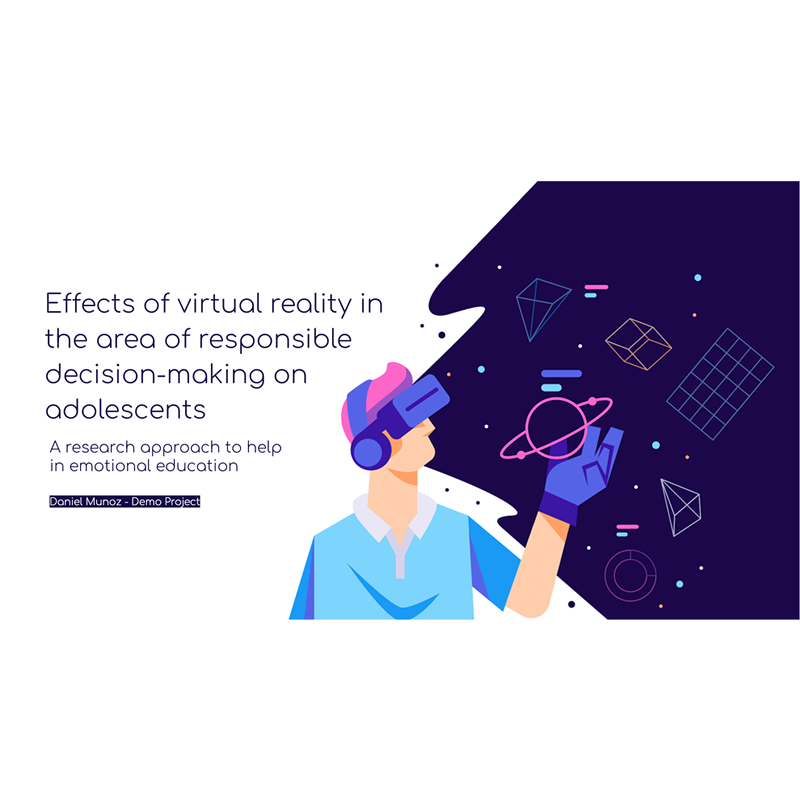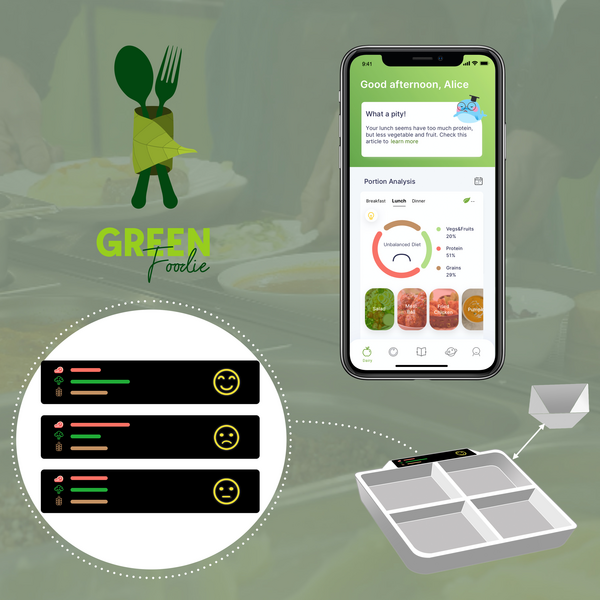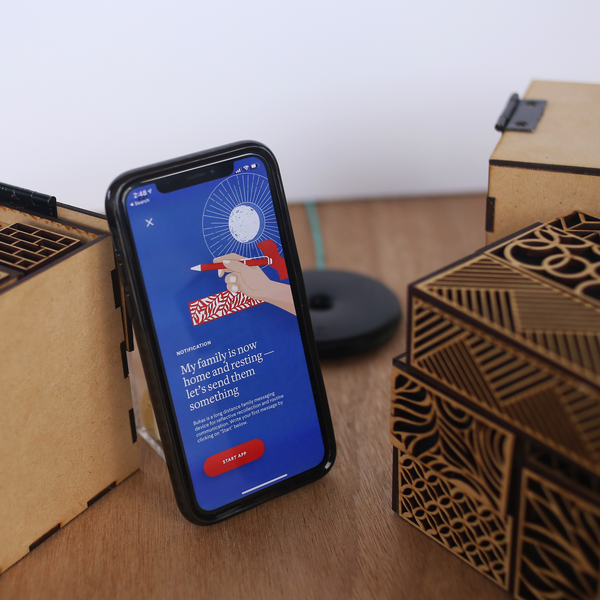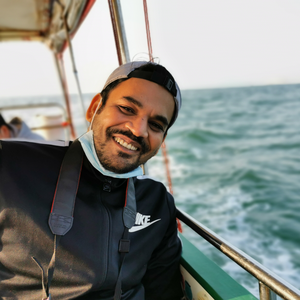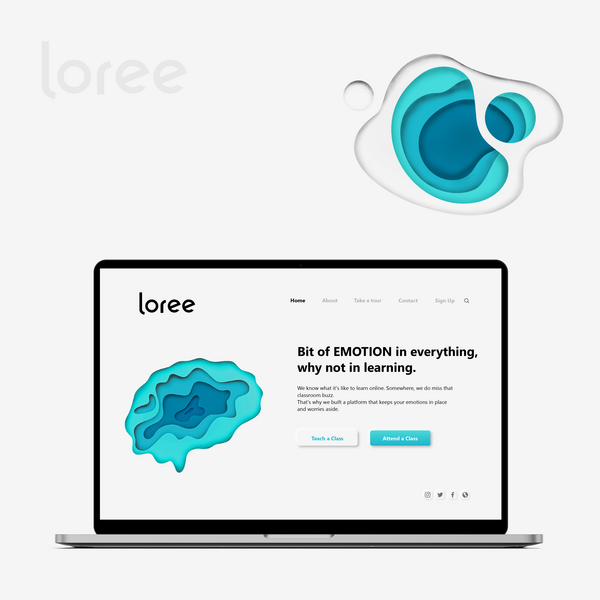This study aims to identify how VR experiences impact the learning of a specific emotional dimension on adolescents (responsible decision-making RDM) and identify which cognitive and experience elements have incidence in the design of the learning experience. Based on literature and theories of VR and learning sciences, we conducted an experiment using VR on learning sessions with a control group based in ethical and emotional situations using the SODAS method to learn responsible decision making. Results show that the VR group gets a higher score after the sessions, and qualitative and quantitative data reveals that learning timing, cognitive articulation, learning attribution, cognitive load, and specific emotional dimensions might be impacted by emotional learning experience. The analyses provide helpful information for the further design of cognitive experiences on VR technology.
College is a particularly important time for establishing and intervening in long-term health behavior patterns. However, young Chinese generations' eating behavior is not healthy enough, with the improvement of living standard, fewer fruits and vegetables, frequent breakfast skipping all result in an increasing rate of obesity. To educate college students to start a healthier eating habit, we created "Green Foodie", to provide a convenient way for college students to practice a healthy lifestyle and increase their responsibility towards themselves and society. We designed a combination of tangible interaction components and mobile application to suggest a suitable portion of food combination for college students. We also took advantage of multiple kinds of activities to engage college students to be persistent in this platform. We hope that college students can use this system to explore more healthy food and make a contribution to sustainability as well.
This design-led research project looks into the phenomenon of communication and expression in the diasporic family relationship, particularly between Filipino domestic workers and their kin. The research also looks into material culture and the meaning of the “balikbayan box” metaphor as a design prompt, leading to the creation of design guidelines and a concept development for Bukas, a tangible product linked with a mobile interface that facilitates meaningful daily communication for migrant Filipina workers and their families through a material artifact.
Emotions are integral to human existence. The impact emotions leave on student motivation and engagement is gradually being recognized in academic settings. Traditional classrooms provide an opportunity to exhibit and assess these intangible aspects of human behavior, but it is always challenging for online students to express their emotions on video conferencing platforms. In this project, we have explored the various limitations faced by the students to connect emotionally with their classmates or the teachers and how distanced they feel in developing a community of learning in an online environment.
We drew inspiration from the Community of Inquiry model and created a design concept that empowers students to record their emotional state and provide feedback to teachers in creating a motivating learning climate. It also offered students a better emotional presence by creating avatars and enhance their virtual social presence (we called it LOREE).
